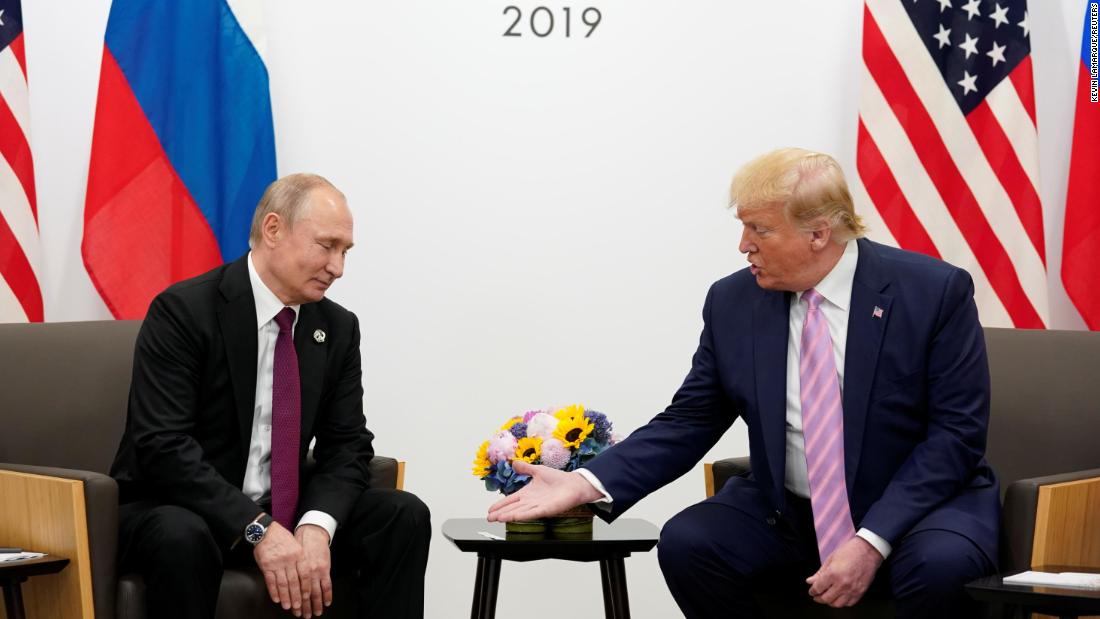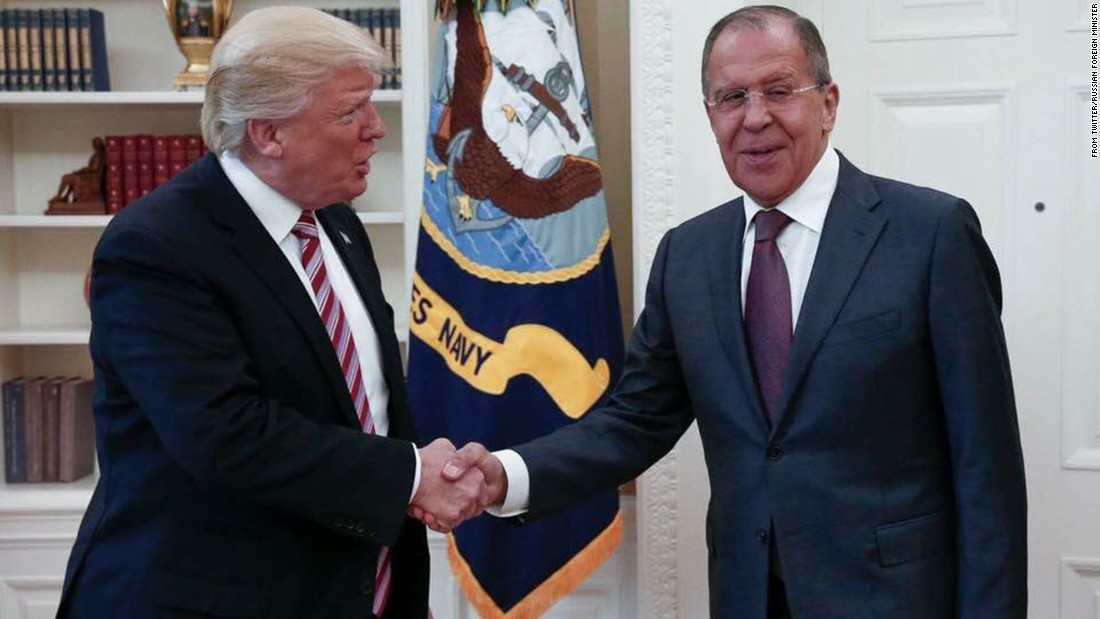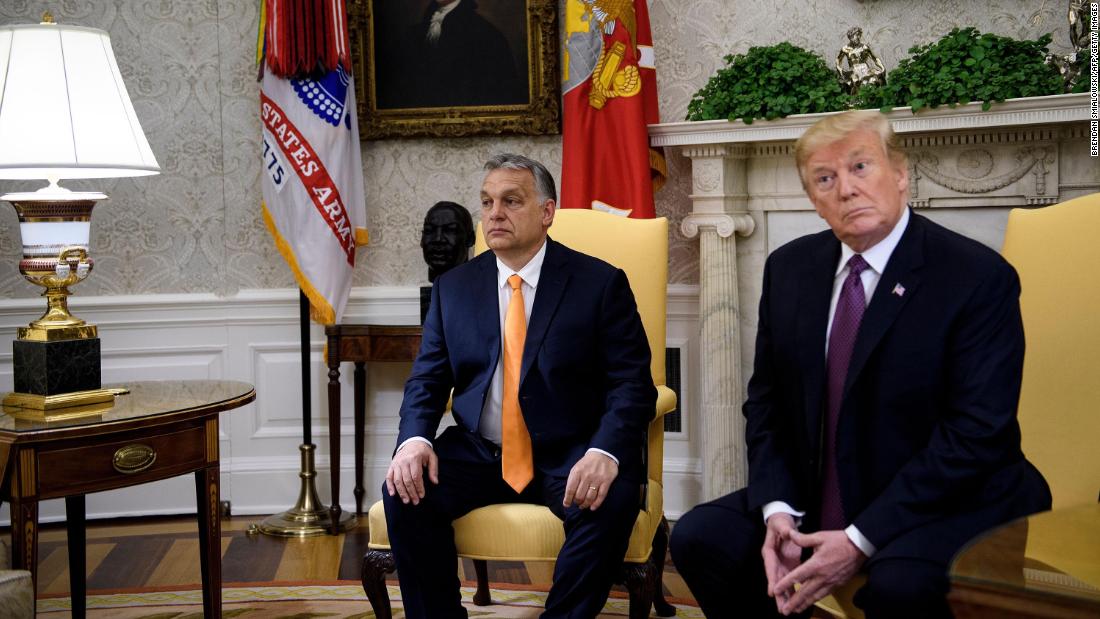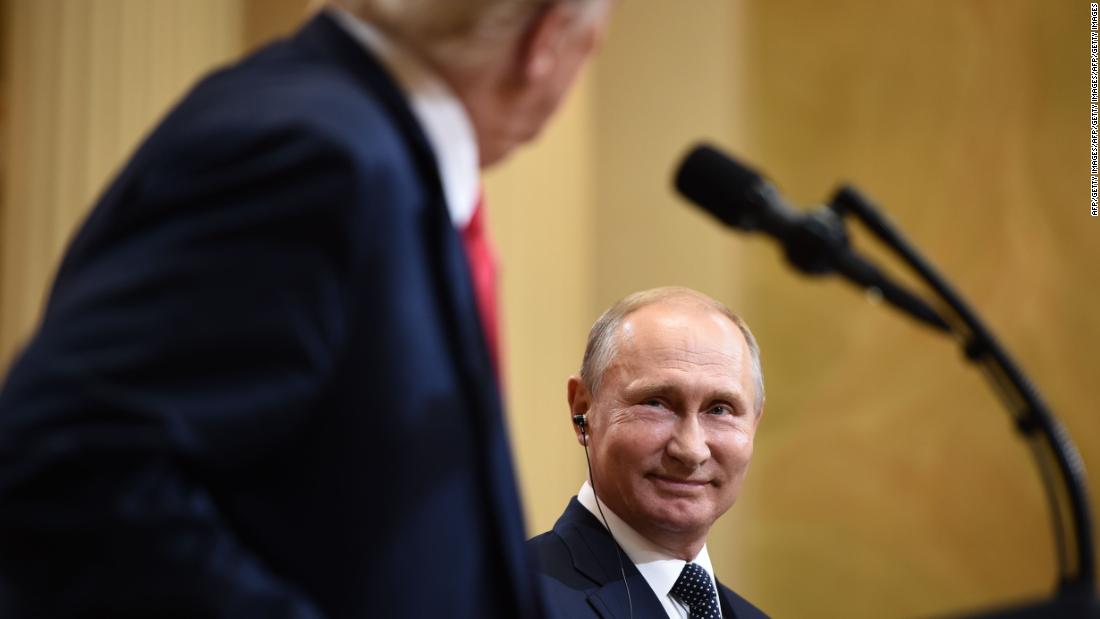- Aug 4, 2009
- 281,163
- 140,610
- 2,615
Tough guyYou complain a lot
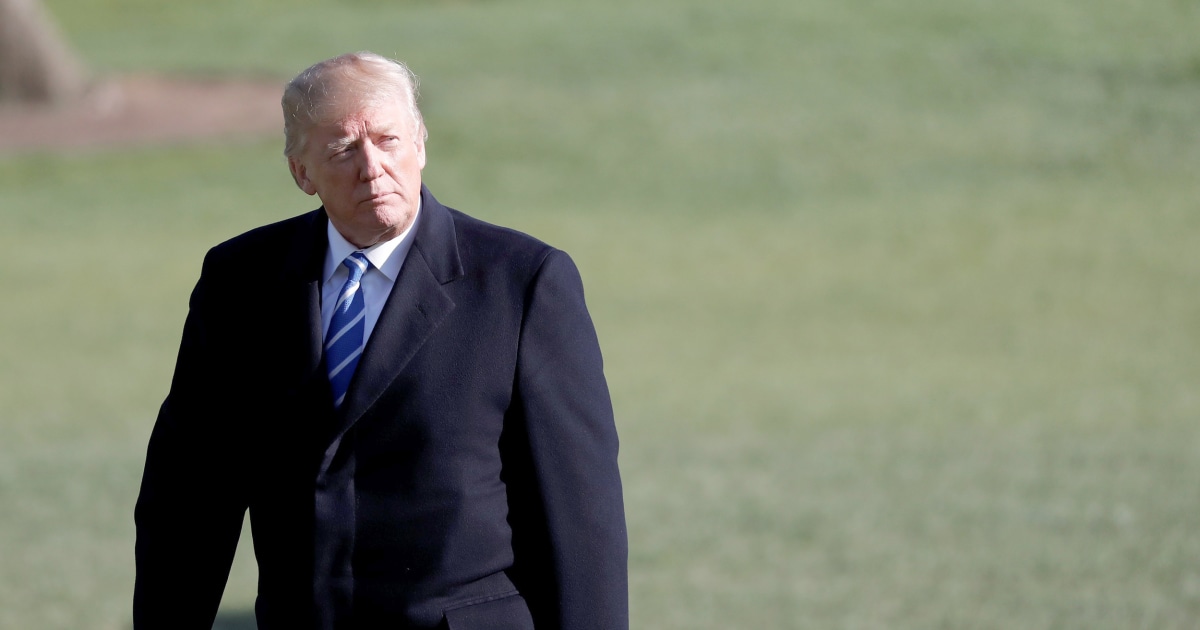
Trump uncharacteristically slams Putin after reports of Syria attack
The tweets and alleged attack in Syria sparked responses from lawmakers in both parties.www.google.com
He also blamed Obama

